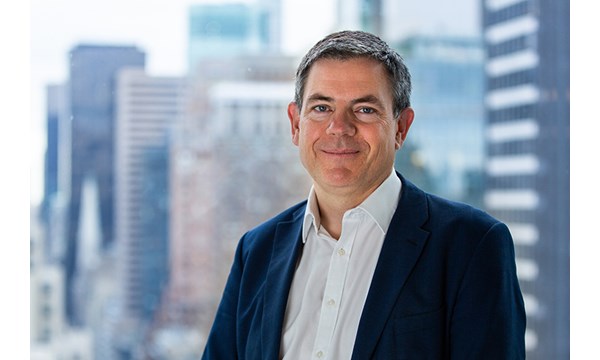Sign up today to get the best of our expert insight in your inbox.
Is there an energy transition?
Fossil fuels still dominate the world’s energy supplies. Do we need different terminology to talk about what’s happening?
Ed Crooks
Vice Chair Americas and host of Energy Gang podcast

Ed Crooks
Vice Chair Americas and host of Energy Gang podcast
Ed examines the forces shaping the energy industry globally.
Latest articles by Ed
-
Opinion
What the "big beautiful bill" means for US energy
-
Opinion
Inside the ‘crazy grid’
-
Opinion
The Big Beautiful Bill is close to passing
-
Opinion
Ceasefire in the Israel-Iran conflict
-
Opinion
The impact of the Israel-Iran conflict escalation on the global energy market
-
Opinion
EBOS: the unsung hero that’s accelerating clean energy deployment
We talk about “the energy transition” all the time. But is that language misleading? 20 years ago fossil fuels were 85% of the world’s energy, today they’re just a few percentage points less. If there is a transition to low-carbon energy, it is happening only slowly, and it needs to move much faster to achieve the climate goals of the Paris Agreement. The world has made huge strides in both the cost and deployment of renewable energy, but can we really say that we are in a transition away from fossil fuels?
Host Ed Crooks is joined by Melissa Lott, a professor at Columbia University’s Climate School, and Amy Myers Jaffe, director of NYU’s Energy, Climate Justice, and Sustainability Lab, to discuss the way the language we use shapes our ideas about energy policy. Amy quotes her Tufts University colleague (and previous guest on the show) Kelly Sims Gallagher: “climate doom and gloom really disregards the progress that's been made”. That progress includes 56 countries, between them responsible for over half of global emissions, passing direct climate mandates to limit greenhouse gases.
But despite all that action, we still get the great majority of our energy from fossil fuels. The gang debate whether the current global shift towards low-carbon energy represents a real "transition", or maybe even a “transformation”. Or is it merely an addition of new energy sources on top of the existing ones such as oil and gas.
Ed, Amy and Melissa debate the feasibility of achieving net zero by 2050, considering the political and economic hurdles ahead. Innovations including carbon pricing, electrification, and advances in renewable energy technologies will play prominent roles in shifting us towards cleaner energy systems. Will they be enough?
Subscribe to the show on Apple Podcasts or Spotify so you don’t miss the next one, out every second Tuesday. Join the discussion on X – we’re @theenergygang.






